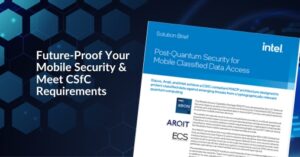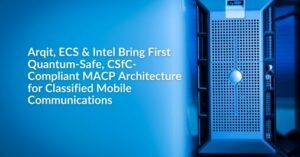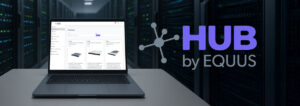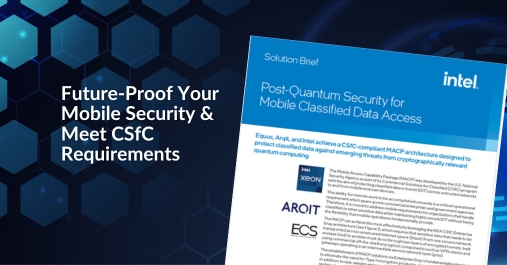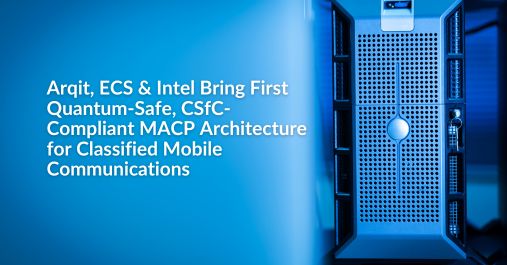In an era where smart financial decisions can make or break a business, there’s a game-changer that savvy developers are embracing: platform as a service (PaaS). PaaS is a cloud computing offering that allows developers to build, deploy, and manage applications without the complexity of building and maintaining the infrastructure. Think of it as renting an apartment. You live in your own space, but you don’t have to worry about the underlying plumbing, electricity, or structural maintenance.
Now, imagine that you run a firm with an exciting application that’s experiencing exponential growth. With PaaS, you can focus on extending the features of that application without working on the scalability of computing resources. The potential is clear. But since PaaS is a cloud service, how does hardware impact underlying performance?
Why Hardware Is the Key to Improving PaaS Performance
One might assume that in a cloud-driven world, hardware would become irrelevant. However, this couldn’t be further from the truth. At the heart of every cloud service, including PaaS, lies tangible, physical hardware. The quality and optimization of this hardware play a pivotal role in determining the performance, reliability, and efficiency of the PaaS offering.
- Compute power and scalability. Modern applications are designed to run tasks in parallel, and multicore processors enable simultaneous processing, ensuring optimal utilization and efficiency. Additionally, choosing high-performance processors provides serious performance gains. For example, the 4th Gen Intel Xeon Scalable processor provides 10x higher Pytorch performance for AI applications than its predecessor.
- Memory and storage solutions. Increased RAM capacity is crucial for applications with real-time processing needs, as it reduces the need to fetch data from slower storage mediums. And the storage medium you use matters. Gen 4 NVMe SSDs can have read/write speeds of more than 11x faster than SATA III SSDs.
- Hardware reliability and redundancy. According to a Ponemon Institute study, the average cost of data center downtime was approximately $8,851 per minute in 2016. However, companies can take steps to reduce downtime. High-quality hardware components are less likely to fail, ensuring consistent server uptime. Additionally, incorporating redundant elements like power supplies, fans, and storage drives can prevent potential hardware failures from disrupting PaaS services.
- Optimized virtualization. Some companies achieve a 50% improvement in operational efficiency after adopting virtualization. How? One way is through hardware-assisted virtualization, which allows PaaS platforms to run multiple isolated environments efficiently. Another tactic is to assign dedicated hardware resources to critical applications to ensure consistent performance, even during peak load times.
- Security enhancements. IBM found that the average cost of a data breach in 2023 was $4.45 million. Protect yourself with computing components that strengthen your cyber defense. Features like Trusted Platform Module (TPM) and hardware security extensions in modern processors provide a foundational layer of security, safeguarding data and application integrity. You can also use dedicated hardware to isolate sensitive applications, ensuring they’re not compromised by vulnerabilities in other parts of the system.
Hardware Choices for Enhanced PaaS Performance
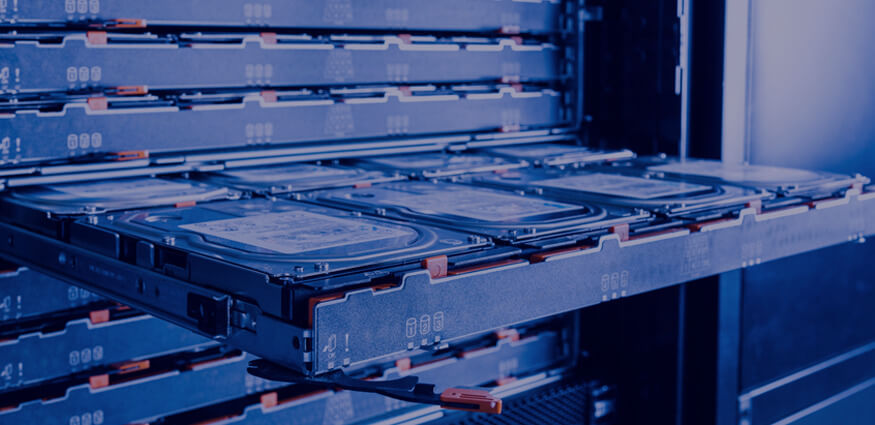
In a data center environment, where PaaS platforms are often hosted, the right hardware choices are paramount to performance. Here are seven specific, data center-focused hardware choices and optimizations that can significantly impact PaaS performance:
- Habana Gaudi integration. Equip servers with the latest high-performance processors that support integration with Habana Gaudi AI accelerators, optimizing the data center for AI and machine learning PaaS workloads.
- Robust ECC memory systems. Select ECC memory modules with high transfer rates to support the bandwidth demands of peak data center workloads, thus ensuring data integrity and swift access times.
- Endurance-optimized enterprise NVMe SSDs. Install enterprise-grade NVMe SSDs with high endurance ratings and fast read/write capabilities to meet the storage performance demands of a PaaS infrastructure, ensuring swift data access and reliability.
- Immersion cooling for high-density racks. Implementing immersion cooling for high-density server racks can significantly improve thermal management and energy efficiency — especially for servers running AI applications or other demanding workloads.
- Hardware load balancers optimized for AI traffic. Utilize hardware load balancers that are optimized for AI and machine learning traffic patterns to ensure efficient distribution of workloads across servers.
- Redundant Power Supplies. Integrate redundant power supplies with intelligent power management systems for uninterrupted PaaS operation and efficient power distribution across the data center.
- Dedicated HSMs for enhanced security. Install dedicated Hardware Security Modules (HSMs) that provide robust encryption and key management capabilities to reinforce the zero-trust architecture for sensitive PaaS data transactions.
While software takes the limelight in PaaS, it’s the underlying server hardware that sets the stage for outstanding performance. By making informed hardware choices and collaborating with a trusted hardware partner, IT managers can significantly elevate their PaaS offerings, ensuring happy customers and a healthy bottom line.
Equus has been helping companies design, deploy, and manage data center hardware solutions for over three decades. Partner with us to accelerate time to value and simplify your hardware logistics. Contact us to learn more.



